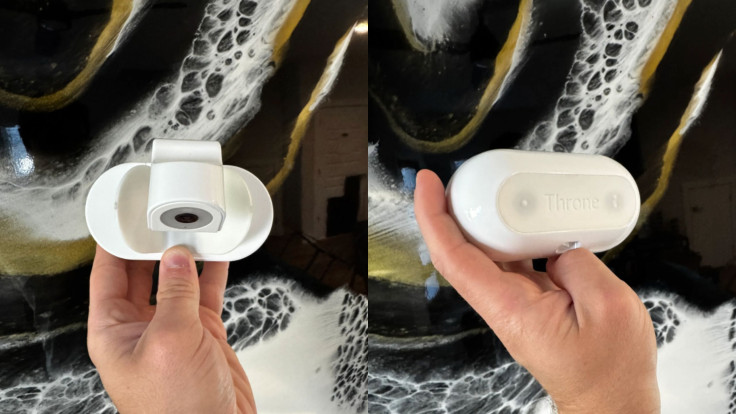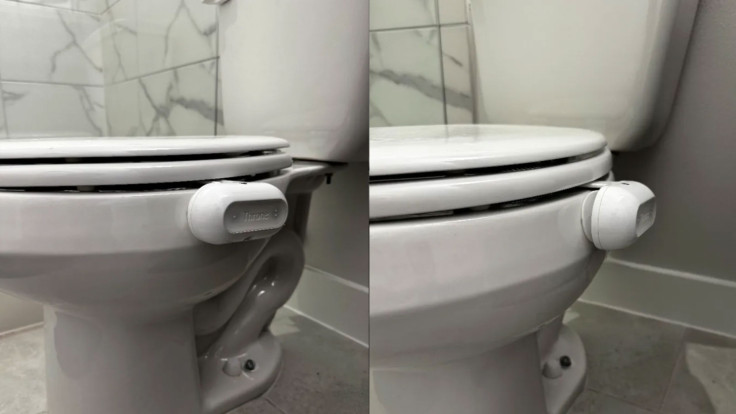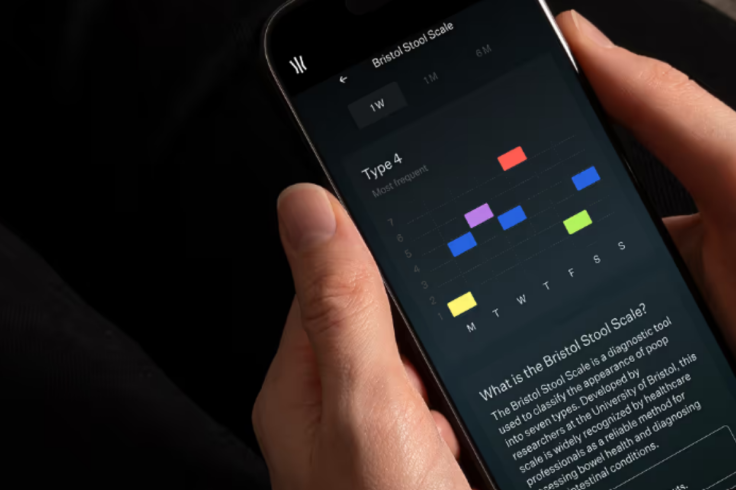
On 22 May 2025, Throne, a health-tech startup based in Austin, Texas, announced it had raised £3.16 million GBP in seed funding to further develop its unusual yet potentially game-changing invention, an AI-powered toilet camera that analyses users' waste. The round was led by Moxxie Ventures and drew in high-profile investors including Lance Armstrong, who reportedly tested the device himself before writing a cheque.
The startup's flagship product is a discreet, camera-equipped sensor that fits inside a household toilet. Using computer vision and artificial intelligence, it captures images of the bowl's contents and turns them into health data, offering users insights into everything from gut health to hydration levels without ever leaving the bathroom.
From Joke to Funded Reality
The idea for Throne was born in 2021, during a casual poker game in Austin. Scott Hickle, a mechanical engineer, and Tim Blumberg, a software developer, were tossing around wild startup ideas when someone joked about a 'smart toilet'. At first, it was laughed off until a failed venture in 2023 brought them back to the drawing board.
This time, they looked at the concept with fresh eyes. With backing from early angel investors, and a consultation with Hickle's mother, a gerontologist they learned that faecal matter holds valuable medical information, particularly in early diagnosis of chronic conditions. What started as a laugh soon evolved into a serious business with scientific merit.
Enter Lance Armstrong
The startup's journey took a sharp turn when they caught the attention of former professional cyclist Lance Armstrong, who, according to TechCrunch, gave the prototype a go himself. Pleased with the results and potential, he joined the investment round, a move that helped the founders attract further credibility and media interest.
Other backers include Tara Viswanathan, co-founder of Rupa Health, and Justin Mares, founder of TrueMed. With this level of financial and industry endorsement, Throne is now aiming for a January 2026 product launch.


How It Works and Why It's Safe
The device fits into standard toilets and works by snapping a photo of the waste post-flush. Importantly, it does not capture any images of the user's body, just the contents of the bowl. The data is then processed using AI models to detect health markers such as irregular stool patterns, signs of dehydration, and more.
Given the deeply personal nature of what's being captured, data privacy has been a top concern. The company says all images are encrypted and stored securely, and that users have full control over their data, including the ability to delete it permanently. These steps are crucial in ensuring users trust the product enough to let it monitor one of the most private parts of their daily life.
Tapping Into the Gut Health Boom
Throne is part of a wider movement in personalised health monitoring. From wearables that track your heart rate to apps that measure sleep and stress, the public appetite for biofeedback is surging. Gut health, in particular, has become a hot topic linked to mental clarity, immunity, and chronic illness.
By offering real-time analysis without the need for lab tests or invasive procedures, Throne is positioning itself as a next-gen diagnostic tool accessible, private, and passive. It could be particularly beneficial for people with IBS, Crohn's disease, or those recovering from gastrointestinal surgeries.

Challenges Ahead — But a Big Vision
Despite its promise, Throne still has hurdles to clear. The team will need to ensure the technology can be produced at scale, comply with health regulations, and convince customers that the trade-off between privacy and insight is worth it.
Still, the company's recent hire John Capodilupo, co-founder and former CTO of WHOOP as Chief Product Officer suggests they're serious about building a user-first experience. Capodilupo helped turn WHOOP into a leading fitness wearable; now he's betting big on toilets.
With the funding secured, Throne plans to finalise hardware design, expand its engineering and data science teams, and prepare for rollout in early 2026. If successful, it may mark the beginning of a new era in home health, one where checking on your wellbeing is as routine as flushing the loo.







